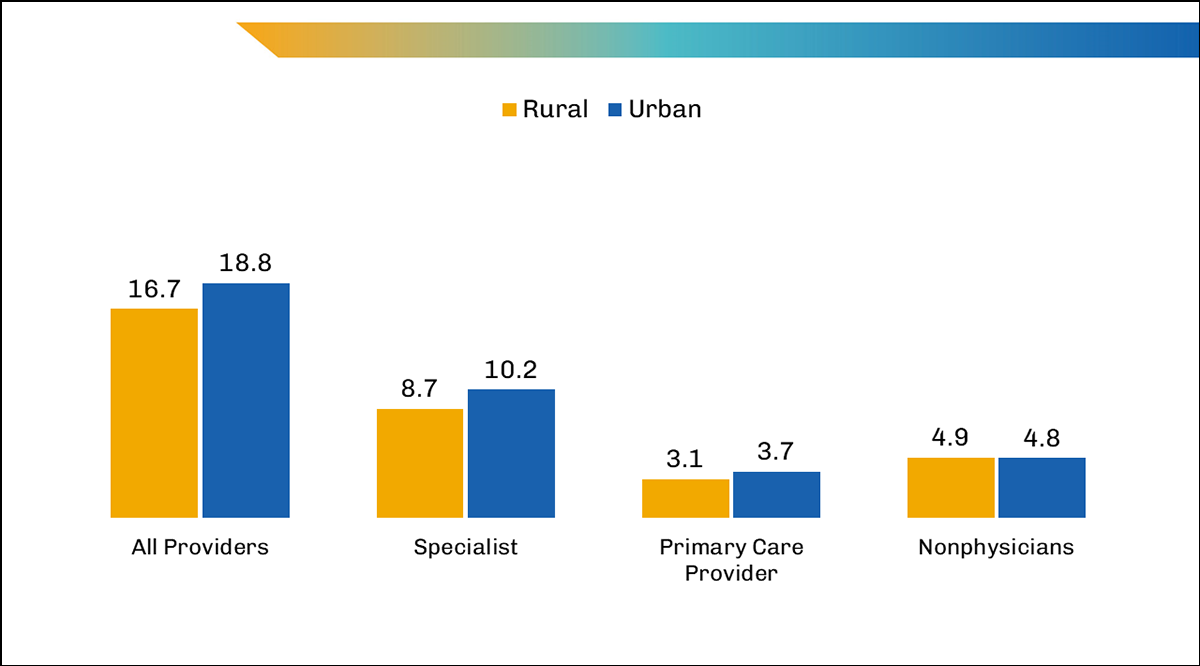Pregnancy and you
A normal pregnancy lasts about 40 weeks from the first day of the last menstrual period (LMP) . Out of 40 weeks , the first two weeks' period is the “getting ready” period , when a female is not actually pregnant , but her body slowly releases hormones to prepare her uterus and body for a potential pregnancy. At the end of the second week , normally on the 14th day of the menstrual cycle, the ovary releases an egg ,this is called ovulation . If sperm fertilises this released egg , zygote is formed and the process to pregnancy starts. Fertilization normally takes place in the fallopian tube. While in the fallopian tube , the single fertilized cell ( zygote ) , divides into multiple cells over the next few days.
This small cluster of dividing cells, called blastocyst, moves through the fallopian tube to the lining of the uterus. There it implants and starts to grow . If implantation is successful, the body immediately begins producing hormones to support a pregnancy. This implantation also results in missing of the periods . For the first 8 weeks after fertilization, the blastocyst begins to take on distinct human characteristics and is called an embryo. From 9 weeks onwards until birth , the developing baby is called a fetus.
The placenta is formed from some of the rapidly dividing cells of blastocyst . The placenta functions as a life-support system during pregnancy. Oxygen, nutrients, and hormones are transferred across the placenta to the fetus. Waste products from the fetus are transferred back across the placenta for removal.
During pregnancy, the lining of the uterus thickens and its blood vessels enlarge to provide nourishment to the growing baby . Increased blood flow provides nutrients and oxygen to the growing baby and removes waste products of the baby.
The 40 weeks of pregnancy are divided into three trimesters.
First trimester (first day of LMP to 13 weeks and 6 days): The time when fertilization and major organ development occurs. All the organs, limbs, bones and muscles are present by the end of first trimester . The circulatory, digestive and urinary systems also start working and the liver starts producing bile. The fetus is drinking and peeing the amniotic fluid by the end of 12 weeks . The first trimester is exciting, but most of the ladies develop unpleasant symptoms like morning sickness and fatigue.
Second trimester (14 weeks and 0 days to 27 to weeks and 6 days): This is the time of rapid growth and development of the baby. By this time , the morning sickness is probably gone and the discomfort of early pregnancy has faded in the pregnant lady. The fetus is able to move its limbs and body throughout the pregnancy, although the lady may not feel it until 20 weeks of pregnancy. By the end of the sixth month, the fetus is about 12 inches long and weighs about 2 pounds.
Third trimester (28 weeks and 0 days to 40 weeks and 6 days): The time when the fetus’s weight increases and the organs mature so they will be ready to function after birth. By the end of the third trimester, the fetus is about 19 to 21 inches long and weighs, on average, 6 to 9 pounds. During the third trimester of pregnancy due to growing fetus , the lady may notice Itching , acidity , oedema , constipation or loose motions , increased fatigue etc. This is the time when the lady should remain vigilant about the fetal movements , any abnormal signs & symptoms and should be very particular about her diet and exercise.
Instructions for pregnant patients:
During pregnancy, the lady should consume small frequent nutritious meals. She should avoid sugary, spicy, fatty , junk foods .
Lady should avoid jerks, long journeys , lifting of heavy weights, flying etc.
She should do regular exercises as recommended by her doctor , but should restrict strenuous exercises and intense activities.
She should keep a check on your blood pressure & sugar levels . She should monitor her baby’s movements .She should keep a check on cramps and back pain.
She should wear loose clothes, flat footwear and maintain a good sitting, standing and lying down posture. Self medication should be avoided.
A pregnant lady should get herself checked up regularly as prescribed by her obstetrician .
The pregnant lady should immediately report to her doctor
1) if swelling on the feet or body increases
2) there are no fetal movements
3) there is liquid discharge from the vagina
4) there is bleeding from vagina
5) there are regular cramps or pain in lower abdomen
6) there is headache or blurring of vision
7) continuous vomiting
Or if there is any abnormal or unusual feeling
Normal signs:
Warning signs
Photos downloaded from Google



.jpeg)
.jpeg)
.jpeg)
.jpeg)
.jpeg)




Comments
Post a Comment